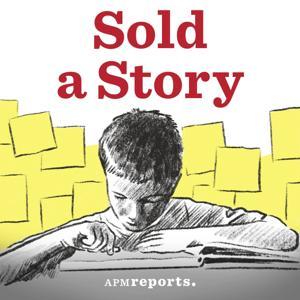Neurodivergent educators, like those with ADHD, autism, dyslexia, and other forms of cognitive diversity, are essential voices in our schools. They bring innovation, empathy, and authenticity. Yet they often work within systems that weren't built with them in mind, and this can make the job of teaching especially challenging. In this episode, we'll learn about the strengths neurodivergent teachers bring to the classroom and strategies that help them thrive from Emily Kircher-Morris, who is a mental health professional, neurodiversity advocate, and host of The Neurodiversity Podcast.
___________________________
Thanks to foundry10 and SchoolAI for sponsoring the episode. To read Kircher-Morris's article and a full transcript of our conversation, visit cultofpedagogy.com/neurodivergent-teachers.
___________________________
To learn more about The Teacher's Guide to Tech, visit teachersguidetotech.com.




































